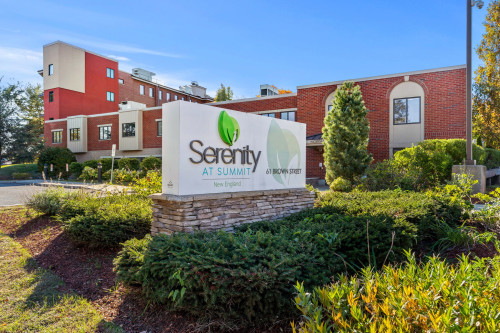
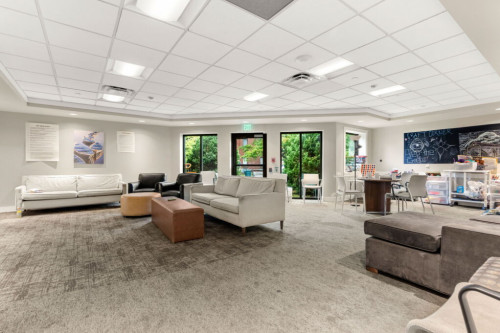
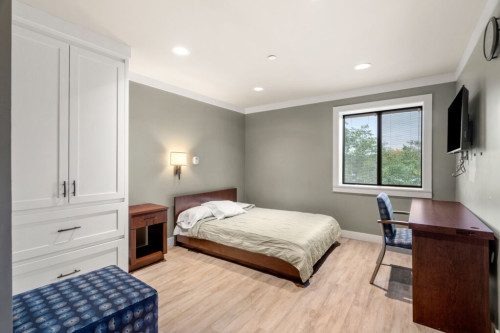
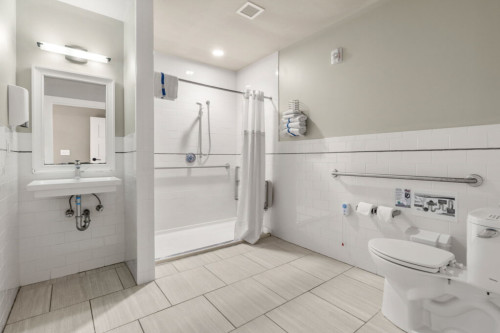
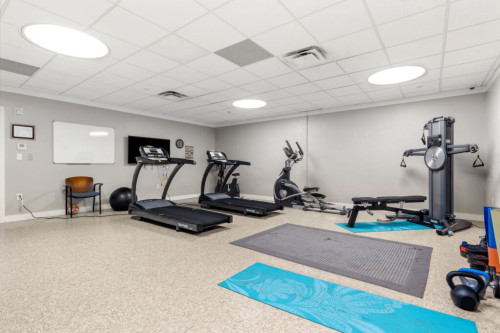




Serenity at Summit
Verified Center
This provider's information has been quality-checked by Recovery.com's Research Team for accuracy and completeness, including center verification through appropriate third-party organizations.
Treatment Focus
This center treats substance use disorders and mental health conditions. You'll receive individualized care catered to your unique situation and diagnosis, learn practical skills for recovery, and make new connections in a restorative environment.
Primary Level of Care
Offering intensive care with 24/7 monitoring, residential treatment is typically 30 days and can cover multiple levels of care. Length can range from 14 to 90 days typically.
Treatment Focus
This center treats substance use disorders and mental health conditions. You'll receive individualized care catered to your unique situation and diagnosis, learn practical skills for recovery, and make new connections in a restorative environment.
Primary Level of Care
Offering intensive care with 24/7 monitoring, residential treatment is typically 30 days and can cover multiple levels of care. Length can range from 14 to 90 days typically.
Provider's Policy
Please contact Serenity at Summit to learn more about insurance coverage and payment options. The center does not accept Medicaid, Medicare, or state insurance.
Serenity at Summit
Serenity at Summit
About Serenity at Summit
Serenity at Summit New England, located in Haverhill, Massachusetts, offers a comprehensive approach to addiction treatment. This facility, part of a larger network spanning the northeastern United States, provides a full continuum of care. From Acute Treatment Services (ATS) to rid the body of addictive substances and Clinical Stabilization Services (CSS) to address the root of addiction while living at the drug rehab treatment center, Serenity at Summit is equipped to provide a seamless journey through recovery.The center's commitment to individualized care makes it a beacon of hope for those seeking freedom from substance abuse.
Evidence-Based Therapies for Lasting Change
At the heart of Serenity at Summit's treatment philosophy lies a dedication to effective therapies. The center primarily uses dialectical behavior therapy (DBT) and cognitive behavioral therapy (CBT), powerful tools in reshaping thought patterns and behaviors. These approaches are complemented by 12-Step programs, offering a spiritual foundation for recovery. Through a combination of individual and group therapy sessions, clients gain powerful insights, develop coping strategies, and build a supportive community.
Holistic Healing for Mind, Body, and Spirit
At Serenity at Summit, the approach to recovery goes beyond traditional addiction treatment, embracing a holistic philosophy that nurtures the entire person. This comprehensive strategy recognizes that true healing involves addressing the interconnected aspects of mind, body, and spirit. Serenity at Summit’s holistic offerings include yoga and meditation sessions, which help clients cultivate mindfulness and reduce their stress. Nutritional counseling is also incorporated, emphasizing the role of diet in supporting recovery and overall well-being. Art and music therapy sessions offer creative outlets for emotional expression and healing. Acupuncture and massage therapy may be available to address physical tension and promote relaxation. These alternative therapies complement evidence-based treatments, creating a synergistic effect that supports deeper healing.
A Tailored Path to Wellness
Serenity at Summit knows that each individual's journey to recovery is unique, and they are committed to truly personalized care. The center crafts bespoke treatment plans that address specific needs and goals, ensuring clients receive the most effective support. This tailored approach, combined with a secure and comfortable environment, creates ideal conditions for healing and growth. As clients progress through their recovery journey, they will find themselves supported every step of the way. The dedicated staff is available around the clock, providing encouragement and guidance that empowers individuals to build a strong foundation for lasting sobriety.

Highlights from the Center
Highlights
These highlights are provided by and paid for by the center.
1-on-1 Counseling
Customized Treatment Plans
Medically Assisted Detox
Private Rooms Available
Center Overview
Treatment Focus
This center treats substance use disorders and mental health conditions. You'll receive individualized care catered to your unique situation and diagnosis, learn practical skills for recovery, and make new connections in a restorative environment.
Joint Commission Accredited
The Joint Commission accreditation is a voluntary, objective process that evaluates and accredits healthcare organizations (like treatment centers) based on performance standards designed to improve quality and safety for patients. To be accredited means the treatment center has been found to meet the Commission's standards for quality and safety in patient care.
Recently helped 1 person via Recovery.com

Serenity at Summit
Recently helped 1 person via Recovery.com
Insurance Accepted
Cash Pay Rates
Estimated Cash Pay Rate
Center pricing can vary based on program and length of stay. Contact the center for more information. Recovery.com strives for price transparency so you can make an informed decision.
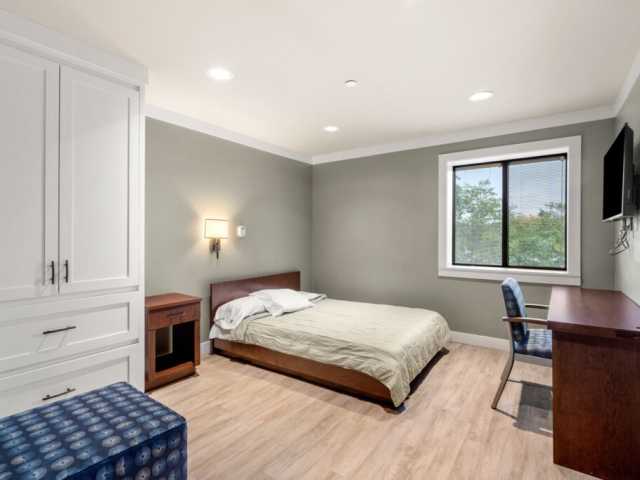
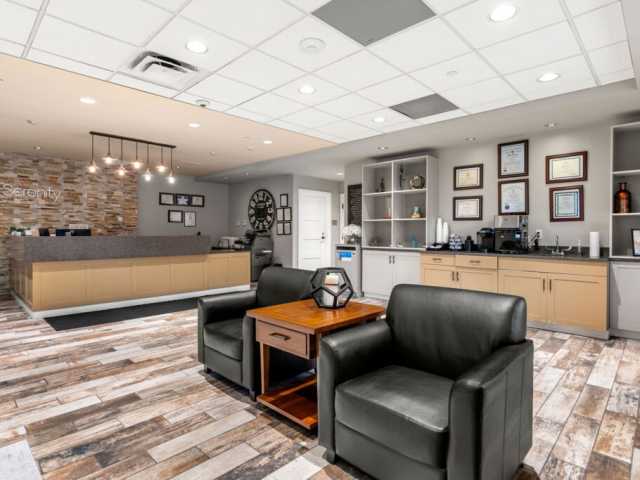
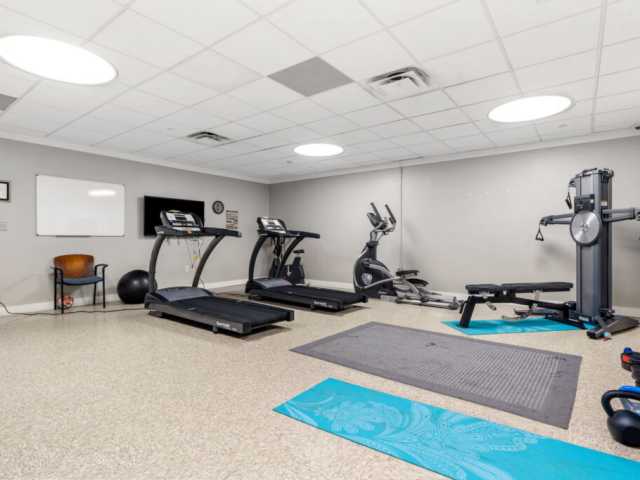
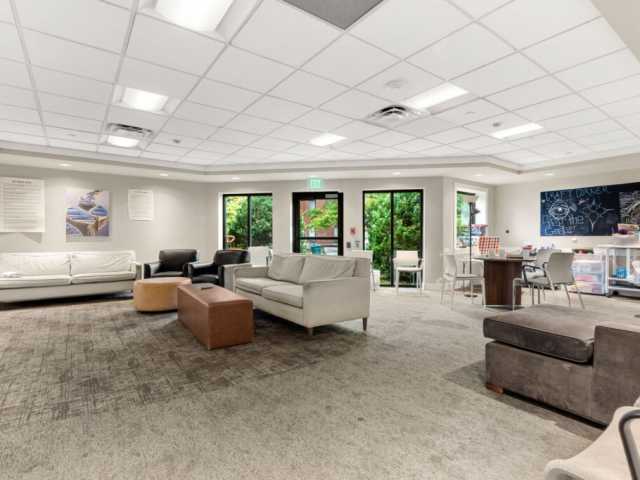
Other Centers From Harmony Recovery Group
Recovery.com Verified Listing
Recovery.com verified that the name, location, contact information and license to operate for this treatment provider are valid and up-to-date.

Joint Commission Accredited

Licensed by Massachusetts
Recovery.com is an independent, third-party mental health resource. Verification does not imply endorsement and does not guarantee the quality of treatment services.
Meet Your Care Team
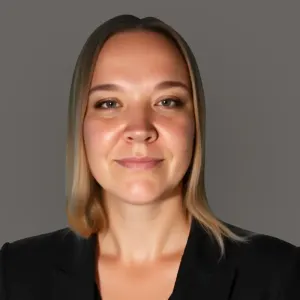
Kerry A
Director of Clinical Operations
Licensed Clinical Social Worker, Licensed Alcohol and Drug Counselor

Bella Ison
VP of Client Engagement
Certified Drug and Alcohol Interventionist and Family Support Specialist
Your Care Options
Specializations
Alcohol
Using alcohol as a coping mechanism, or drinking excessively throughout the week, signals an alcohol use disorder.
Detox
Detox fully and safely removes toxic substances from the body, allowing the next steps in treatment to begin with a clean slate.
Depression
Symptoms of depression may include fatigue, a sense of numbness, and loss of interest in activities. This condition can range from mild to severe.
Heroin
Heroin is a highly addictive and illegal opioid. It can cause insomnia, collapsed veins, heart issues, and additional mental health issues.
Intensive Outpatient Program
In an IOP, patients live at home or a sober living, but attend treatment typically 9-15 hours a week. Most programs include talk therapy, support groups, and other methods.
Opioids
Opioids produce pain-relief and euphoria, which can lead to addiction. This class of drugs includes prescribed medication and the illegal drug heroin.
Trauma
Some traumatic events are so disturbing that they cause long-term mental health problems. Those ongoing issues can also be referred to as "trauma."
Who We Treat
Young Adults
Emerging adults ages 18-25 receive treatment catered to the unique challenges of early adulthood, like college, risky behaviors, and vocational struggles.
Men and Women
Men and women attend treatment for addiction in a co-ed setting, going to therapy groups together to share experiences, struggles, and successes.
Midlife Adults
For adults ages 40+, treatment shifts to focus on the unique challenges, blocks, and risk factors of their age group, and unites peers in a similar community.
Professionals
Busy, high-ranking professionals get the personalized treatment they need with greater accommodations for work, privacy, and outside communication.
Treatment Services
Day Treatment
In a PHP, patients live at home but follow an intensive schedule of treatment. Most programs require you to be on-site for about 40 hours per week.
Detox
Detox fully and safely removes toxic substances from the body, allowing the next steps in treatment to begin with a clean slate.
Intensive Outpatient Program
In an IOP, patients live at home or a sober living, but attend treatment typically 9-15 hours a week. Most programs include talk therapy, support groups, and other methods.
Licensed Primary Mental Health
Some primary care providers offer mental health diagnosis and treatment. This can prevent patients from developing more serious conditions.
Outpatient
During outpatient rehab, patients attend a structured treatment program while continuing to live at home.
Residential
In a residential rehab program, patients live onsite, with access to daily treatment and 24-hour care. An average stay is 30-90 days.
Approaches
Evidence-Based
A combination of scientifically rooted therapies and treatments make up evidence-based care, defined by their measured and proven results.
Individual Treatment
Individual care meets the needs of each patient, using personalized treatment to provide them the most relevant care and greatest chance of success.
Medical
Medical addiction treatment uses approved medications to manage withdrawals and cravings, and to treat contributing mental health conditions.
Twelve Step
Incorporating spirituality, community, and responsibility, 12-Step philosophies prioritize the guidance of a Higher Power and a continuation of 12-Step practices.
Therapies
1-on-1 Counseling
Patient and therapist meet 1-on-1 to work through difficult emotions and behavioral challenges in a personal, private setting.
Meditation & Mindfulness
A practiced state of mind that brings patients to the present. It allows them to become fully aware of themselves, their feelings, and the present moment.
Mindfulness Therapy
This ancient practice can be mental, emotional, and even spiritual. In meditation, you focus your attention on the present moment without judgement.
Family Therapy
Family therapy addresses group dynamics within a family system, with a focus on improving communication and interrupting unhealthy relationship patterns.
Massage Therapy
Massage therapy relieves physical and emotional tension, reduces pain, promotes relaxation, and improves emotion regulation.
Medication-Assisted Treatment
Combined with behavioral therapy, prescribed medications can enhance treatment by relieving withdrawal symptoms and focus patients on their recovery.
Conditions We Treat
Personality Disorders
Personality disorders destabilize the way a person thinks, feels, and behaves. If untreated, they can undermine relationships and lead to severe distress.
Anxiety
Anxiety is a common mental health condition that can include excessive worry, panic attacks, physical tension, and increased blood pressure.
Bipolar
This mental health condition is characterized by extreme mood swings between depression, mania, and remission.
Depression
Symptoms of depression may include fatigue, a sense of numbness, and loss of interest in activities. This condition can range from mild to severe.
Obsessive Compulsive Disorder (OCD)
OCD is characterized by intrusive and distressing thoughts that drive repetitive behaviors. This pattern disrupts daily life and relationships.
Post Traumatic Stress Disorder
PTSD is a long-term mental health issue caused by a disturbing event or events. Symptoms include anxiety, dissociation, flashbacks, and intrusive thoughts.
Trauma
Some traumatic events are so disturbing that they cause long-term mental health problems. Those ongoing issues can also be referred to as "trauma."
Substances We Treat
Alcohol
Using alcohol as a coping mechanism, or drinking excessively throughout the week, signals an alcohol use disorder.
Benzodiazepines
Benzodiazepines are prescribed to treat anxiety and sleep issues. They are highly habit forming, and their abuse can cause mood changes and poor judgement.
Co-Occurring Disorders
A person with multiple mental health diagnoses, such as addiction and depression, has co-occurring disorders also called dual diagnosis.
Cocaine
Cocaine is a stimulant with euphoric effects. Agitation, muscle ticks, psychosis, and heart issues are common symptoms of cocaine abuse.
Drug Addiction
Drug addiction is the excessive and repetitive use of substances, despite harmful consequences to a person's life, health, and relationships.
Ecstasy
Ecstasy is a stimulant that causes intense euphoria and heightened awareness. Abuse of this drug can trigger depression, insomnia, and memory problems.
Heroin
Heroin is a highly addictive and illegal opioid. It can cause insomnia, collapsed veins, heart issues, and additional mental health issues.
Methamphetamine
Methamphetamine, or meth, increases energy, agitation, and paranoia. Long-term use can result in severe physical and mental health issues.
Languages
Aftercare
Care Designed for Your Needs
Personal Amenities
Amenities
Activities
Yoga
Yoga is both a physical and spiritual practice. It includes a flow of movement, breathing techniques, and meditation.
Off-Site Activities
Off-Site Amenities

Recently helped 1 person via Recovery.com
Learn More About the Center
Medication-Assisted Treatment
Read about MAT to understand how it fits into different treatment plans.
Frequently Asked Questions
Explore answers to commonly asked questions regarding addiction and treatment.
Clinical Stabilization
Understand what is involved in clinical stabilization services.
Alcohol Addiction Recovery
Learn more about alcohol addiction recovery at Serenity at Summit.
What people are saying
Treatment
4.2
Accommodations
4.1
Food & Nutrition
3.2
Value
4.1
Jens
Reviewed 02/13/23
Review from Rehabs.com
Mary
Treatment in 2020 • (30 days) • Reviewed 04/27/21
Former Client
•Cashier
Anthony
Reviewed 02/02/25
Review from Rehabs.com
James
Reviewed 02/01/21
Review from Rehabs.com
JC
Reviewed 06/08/19
Review from Rehabs.com





